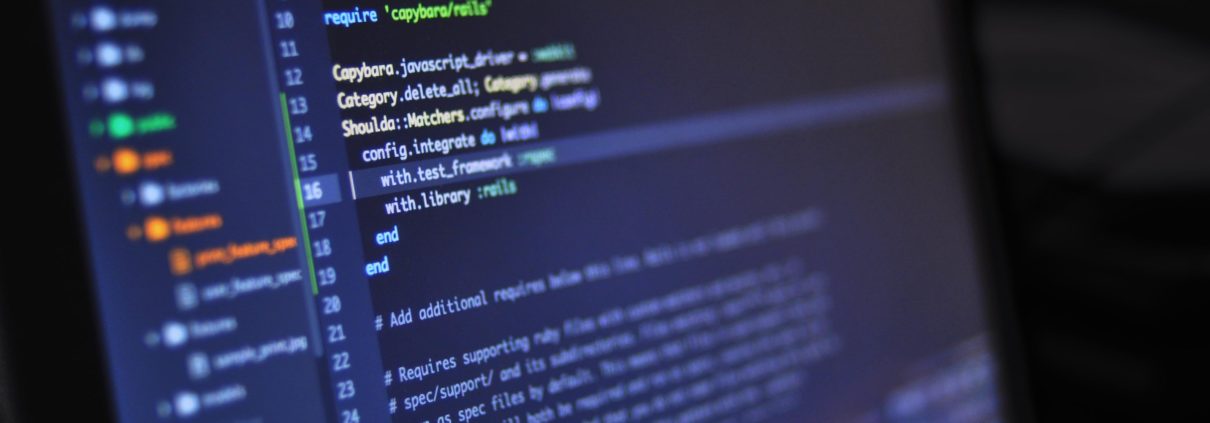#ITLaw – The Right to software Interoperability
The wealth of questions relating to industrial property is greater than we imagine.
Despite the importance of legal protection of program creators, it is critical that right holders of computer programs do not create excessive partitioning that generates abuse of rights.
As in all aspects of IP, the cursor is to be placed in the right place between protection of intellectual property, and defense of the interests of the public.
It is on this basis that the legislators have progressively implemented what was subsequently called the right to interoperability, or the possibility for a file or program not to be exploitable exclusively by the means provided solely by the program provider. In legal terms enshrined in the applicable European law, the aim is to enable a computer program to communicate and function with other elements of a computer system and with users, namely to enable both a hardware and software interconnection to be able to implement information exchanges.
The problem is not common with conventional word processor computer programs. In general, “creator” files can be read and/or modified using third-party software.
But what happens when programs and files are siled by the creators, and software licenses are above the budget of a company?
European law provides in substance for allowing third parties to perform reverse engineering operations within certain limits, in order to implement interoperability. National legislations must not impede the application of these provisions.
Under French law, the legislator goes further because an Authority has been established to ensure compliance with the provisions on interoperability. Operators are able to request information to achieve interoperability as provided by law.
The case arose for the Association VideoLan (VLC), which refered to the Authority to be able to play a Blue-Ray (with specific encryption) on VLC software. The case is not a satisfactory source of instruction on binding measures to enforce the interoperability provisions as such, as the Authority concludes that the VideoLan association should have contacted the Blue-Ray Consortium to have the necessary technical information, before referring to the Authority.
The Authority specifies that the decompilation and reverse-engineering provisions must not be used to offer a software that may be substitute the creator’s software. As a result, only data allowing interoperability can be requested, in order to balance interoperability with the protection of intellectual property rights.
Our team is at your disposal for more details on the sources and applicability of these provisions.




Leave a Reply
Want to join the discussion?Feel free to contribute!